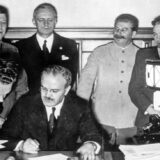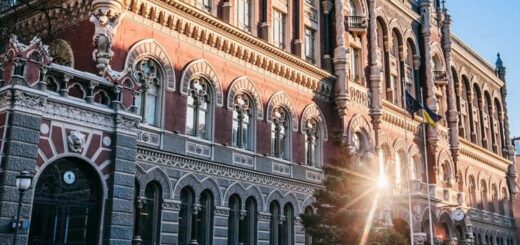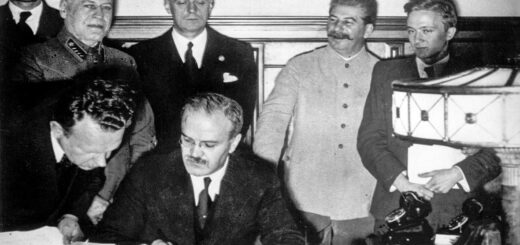The church is separated from the state. So believers don’t have a say?
Anatoly Babinsky, an employee of the Institute of Religion and Society at the Ukrainian Catholic University, explains what it means that the Church is separated from the state
– When it is said that our Church is separated from the state, it is argued that this is why religion should in no way be present in public space: neither in educational institutions, nor in any state events, and the like. Here, it seems to me, we are dealing with a very strong pidminu of concepts, since the separation of the Church from the state means the separation of state authorities from church institutions. That is, these two structures exist autonomously from each other, they are not an integral authority.
The Church, that is, its hierarchy, its institutions that exist in the state – functionally, structurally – are actually separated from the state, from state power. But the Church is not separated from society. And this is where this moment lies: if we are talking about the fact that the state power cannot influence what is happening in the Church, and the Church, as a structure, should not have influenced the state authorities, then everything is clear. But this does not mean that the Church has no right to exist in society, in public space.
It is impossible in principle to separate the Church and society, because the Church is a part of society, and society is a part of the Church. Therefore, if we say that the Church, like a surgical scalpel, should be separated from everything that is in the state, then I, as a believer, should not have the right to vote in the presidential elections, because I, as a believer, voting for this or that candidate, I will be guided by my religious views. But I am offered the following: if I am a believer and sit in a house, I have the right to pray; and when I go out on the street, I have to switch my mind to some such secular manner and stop being a believer. And I supposedly should not resort to any religious arguments, defending my views in public space, since public space should be, so to speak, sterile from any religious motives or any religious views.
I must live like a schizophrenic: at home I must be a believer, and when I go out into the street, I must be, if not an atheist, then at least an agnostic, that is, I must not show my faith in any way. It may even be forbidden to me. This paradox was very well articulated by one French philosopher, Charles Peguy, as far as I remember. He said: “I am required to renounce my faith because my opponent does not believe in anything.” Providing such a “sterility” of public space, in which many values and ideas are actually imposed, I am absolutely forbidden to be guided by my religious views when I go out into public space. To say that this is some kind of fair society is very difficult for me personally.
First of all, because these things are presented to us under the slogans of “Europeanness”, equality. First of all – “Europeanness”. When Ukraine wants to be European, it must be just that. But it is a myth that there is no religion in Europe. In fact, Europe has gone through a very strong stage of secularization, there are fewer people in churches, but they are there. If we compare statistically how many temples we have and how many people we have, we get about the same thing. Religion is also present in public space. If we look at a country like Germany, which is one of the engines of the European Union, we will see Angela Merkel belongs to the Christian Democratic Party. At the political level, there are clear identifiers that these people are believers, that they do not renounce their religion, religion inspires them for certain political programs. And we should not forget that the European Union itself was formed on the principles of Catholic social doctrine, since both Adenauer and Gaspari were deeply religious Catholics, and they built this post-war Europe exactly on the principles that the social doctrine of the Church tells us about.
I often have to talk with colleagues from Western Europe who remember this project postulating as something that is built precisely on the social principles of the Catholic Church. And they say, “What is now is not what we wanted at all.” But the fact is that Europe is a civilized part of the world. And it has certain update mechanisms.



















